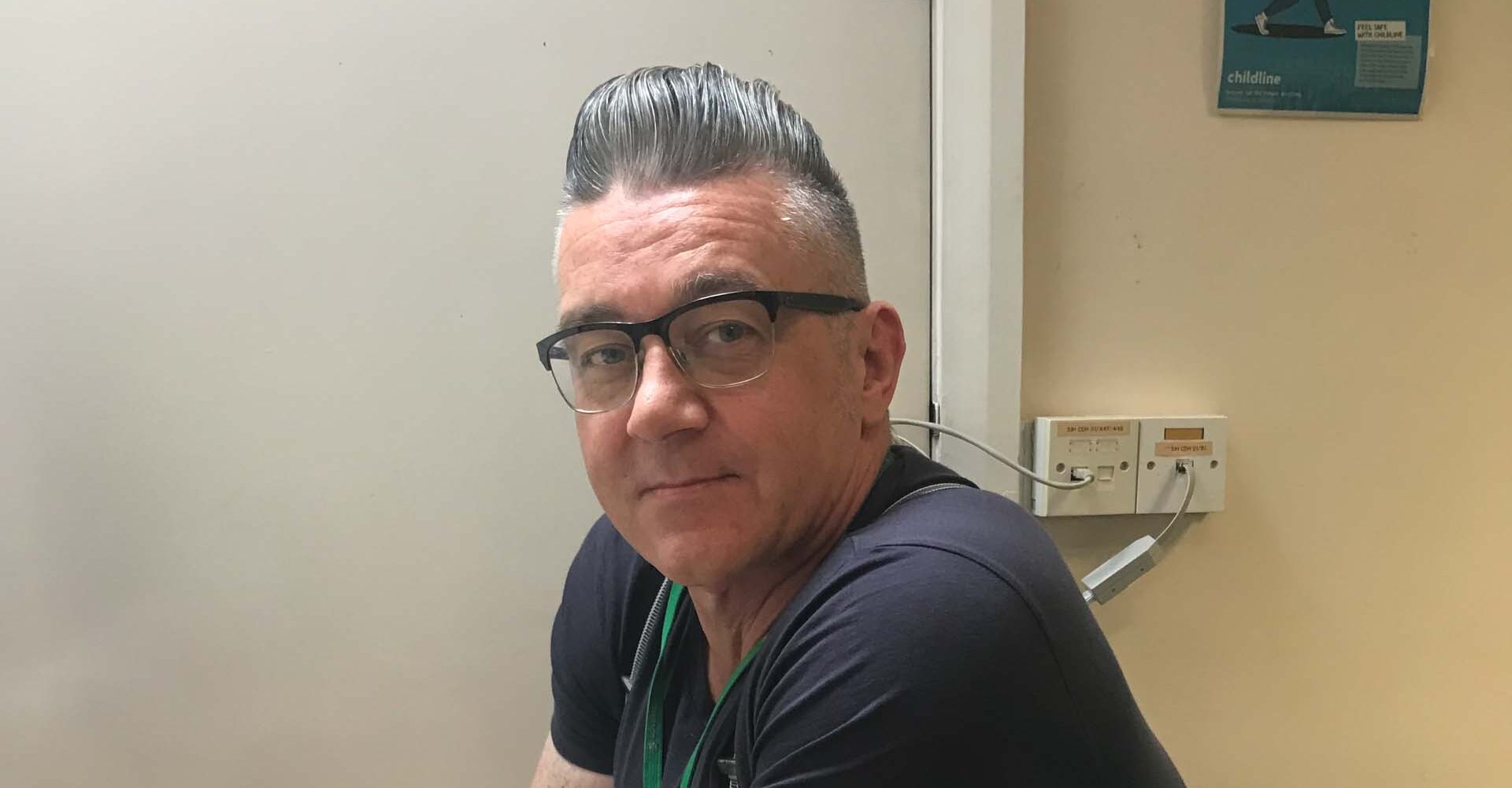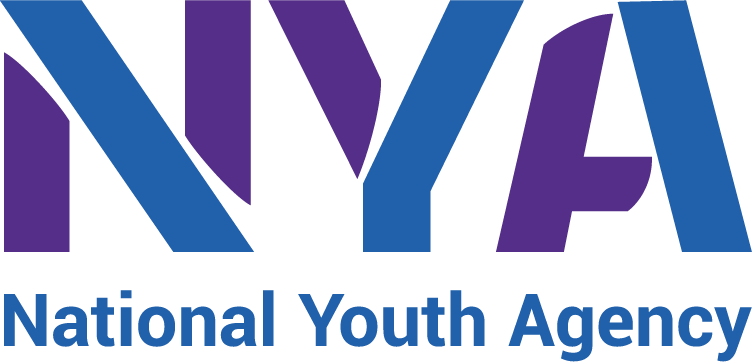Becoming a youth worker is a great career option if you are passionate about enabling young people to develop their life skills and unlock their talents. Find out more about the various routes into youth work and the qualifications you need.

Why become a youth worker?
What attracts many people to youth work is that no two days are the same. Whether you’re doing detached youth work, are based in a youth club, or located in a hospital or other setting, the young people you support will come with different needs, challenges and opportunities to learn and grow.
It is a skilled profession with its own code of practice and a distinct educational framework, the National Youth Work Curriculum.
It’s an exciting time to become a youth worker as the profession is not only in demand in traditional youth work services, but, increasingly, there are jobs working with and in allied professional environments such as schools, hospitals and secure facilities.
Youth workers may be employed by a local authority, a charity, social enterprise, or private company.
How do I become a youth worker?
There are different routes into youth work, with people from all backgrounds and career stages attracted to working in this rewarding profession. Career progression can mean moving into leadership or management roles or specialising in a particular field of youth work such as working to combat gangs and exploitation or supporting gender related issues.
Some common routes include:
- Pursuing a degree in youth work or a degree level apprenticeship after leaving school/ further education
- Taking youth work qualifications to develop skills and competencies gained as a volunteer
- Individuals looking for a career change and pursuing appropriate training to move into the sector

What qualifications do I need?
It’s important to look for a qualification which is endorsed by the NYA which enables recognition by the Joint Negotiating Committee, as they set the national framework used to grade and pay youth workers and endorse all youth work qualifications.
There are two grades within the JNC Framework:
Youth support worker
Those with the Level 2 or 3 certificate or Diploma in Youth Work Practice are recognised by the JNC at Youth Support Worker level. These qualifications are aimed at people working with or volunteering in a youth work setting.
Professional Youth Worker
With the Level 6 qualification – either a traditional degree in youth work or the new Level 6 Youth Worker Apprenticeship – you will be recognised by JNC at Professional Youth Worker level. For those wishing to progress their careers further, a Level 7 qualification such as a PG Diploma or Masters degree is an option.
The NYA Academy offers both JNC-recognised courses as well as a variety of Continuing Professional Development courses. Find out more by visiting the Academy page.
Routes into youth work
The three most common routes into youth work are through further and higher education, apprenticeships, or volunteering.
You can gain professional youth worker status by studying an undergraduate or postgraduate programme endorsed by the NYA and conferring professional youth worker status, as recognised by the JNC.
JNC recognition ensures your course reflects the current demands of the role and that it delivers a suitable level of work experience too. You cannot change the status of your degree later so think carefully before embarking on a course of study which is not JNC recognised.
Whilst most universities will have entry requirements, all institutions offering youth and community courses will welcome applications from those without academic qualifications providing they have relevant experience and interest in working with young people.
You can view details of Higher Education institutions offering professional youth work qualifications here.
Darren's story
Learn more about Darren's journey into hospital youth work.

An apprenticeship is a way for young people and adult learners to earn and learn whilst also gaining experience in a paid role. Apprenticeships are funded by the government and the employer.
Most youth work training providers and employers look for some experience, paid or voluntary, of working with young people.
To find opportunities in your area check the Census map of youth work provision or contact your local youth service or volunteer centre.
Bursaries
Thanks to government funding up to 500 bursaries (free training places) for youth work courses are being offered by the NYA and regional partners from Autumn 2023. The bursary funding is for Levels 2 and 3, as well as a new Level 2 Award via distance learning and the new level 4 CPD qualification, both offered though NYA’s online Academy.
FAQs
If I want to follow the higher or further education route where can I study?
You can view a list of training and education providers here
I studied some time ago, is my qualification is still recognised?
The National Youth Agency holds a list of all courses and programmes that have previously conferred professionally qualified status for youth workers. If you can’t find your qualification on this list, please do contact us.
To be recognised under the terms of the JNC the course or programme you studied must be included on this list and for the dates when you were engaged in study.
You can see the full list here.
There are a small number of other qualifications which confer qualified youth worker status.
- People who gained the status of qualified teacher by 31 December 1988 are recognised as qualified to hold professional youth work posts.
- Those who gained a social science degree between 1974 and 1981 will be recognised as qualified subject to supervision and satisfactory performance in the work place for a period of one year, which has been formally signed off.
Whilst there are a number of allied professions and qualifications held from other disciplines in the wider arena of working with young people, unless covered by the above these are not recognised as conferring professionally qualified status under the terms of the JNC.
If you have any queries please contact us.
I completed my qualification outside the UK, is it valid here?
The National Youth Agency operates a scheme in conjunction with the Joint Education Training Standards Committee for holders of qualifications obtained outside the UK. These individuals can apply to have their qualification assessed by UK standards. This is called individual recognition.
In England contact the National Youth Agency.
In Scotland contact CLD Standards Council for Scotland.
In Wales contact ETS Wales.
In Northern Ireland contact Youth Council for Northern Ireland.
What will I earn?
Your earnings will depend on the level of experience and qualifications you hold.
A full-time youth and community support worker with a Level 2 or 3 Certificate in Youth Work Practice (more details on this below) could expect to earn between £19,000 and £29,000 per year.
A professional youth worker, who holds a Level 6 qualification, receives between £25,500 – £43,000 per year (plus London weighting).
Pay rates are negotiated annually by the Joint Negotiating Committee for youth and community workers


